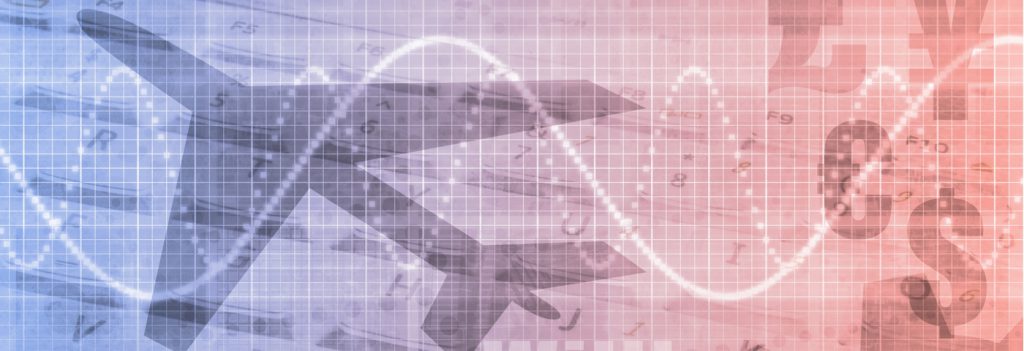Now it’s for real! The candidates have already set out their strategies and their electoral campaigns are on the streets. Voters are becoming more and more demanding and paying careful attention, as they follow the movement caused by one of the most important elections of the democratic period in the country’s political and economic scenario.
Inevitably, the market as a whole is also paying close attention. A time of waiting is also inevitable, but the need to continue with the plans and strategies for achieving good results in companies is the counterpoint that is needed so the economy can continue its cautious process of recovery. The indicators in tourism are still stable. According to the Ministry of Tourism, spending by foreigners in Brazil, for example, grew by 6% in the first half of 2018. The total accumulated figure in the first six months of the year reached US$ 3.24 billion; in other words, US$ 180 million more than in the same period last year. Year-to-date, spending on foreign exchange was US$ 9.57 billion, which is 8.72% more than in the same period in 2017.
Even so, it’s a challenging year. This is not the first time that I’ve made this statement, but, without a doubt, it’s also a year of reflection and learning for all levels and industries, especially for those people who hold leading strategic and decision-making positions in companies.
The impact of the uncertainty is being felt in the tourism industry, as it is in many other sectors. Swings in the market set off a chain reaction. The B2C public is on the alert as the dollar rises against the Real and some people are postponing their leisure travel. Travel agencies and airlines are looking for more attractive alternatives and freezing the dollar to minimize the cascade effect. But it is in this scenario that business-people and corporate travel have shown excellent prospects worldwide in a positive way. It is expected that the increase will reach 5.1% by 2021 thanks to technological advances, the digitalization of payments and the availability of services in hotels. One such example is artificial intelligence, which helps automate business travel bookings, while virtual payment methods allow executives to charge employers for rooms, meals and other expenses without the need for a credit card.
Even with all this economic instability, the good news is that the electoral scenario is well-known to business-people, managers and companies in general. In previous elections the election period was also one of analysis, evaluation and postponed bets, with the appreciation of the US dollar against the Real and financial instability. We can with confidence say that we already know, albeit not fully, how we must act and how the panorama is going to unfold.
There are, of course, variables in every situation. This year specifically, in addition to the recurring issues surrounding the proximity of the elections, there is a whole set of external factors, such as the increase in the interest rate in the United States and the European Union, which is forcing the dollar to appreciate and the Real to devalue. This process of global risk analysis, however, allows us to predict and minimize the impacts in Brazil.
After the elections, when we have a clearer view of the progress being made with the reform agenda and the Brazilian debt trajectory, we shall have greater clarity as to the direction of the country, the economy, consumer confidence and other key indicators we need to see for more prosperous days.
Now, it’s time to try and balance the books, do our homework and evaluate the possibilities so that, after the elections, whatever the scenario, the plan is drawn up and ready to be put into practice. Then we shall be able to check for the resumption of the tourism market and how it is evolving.
